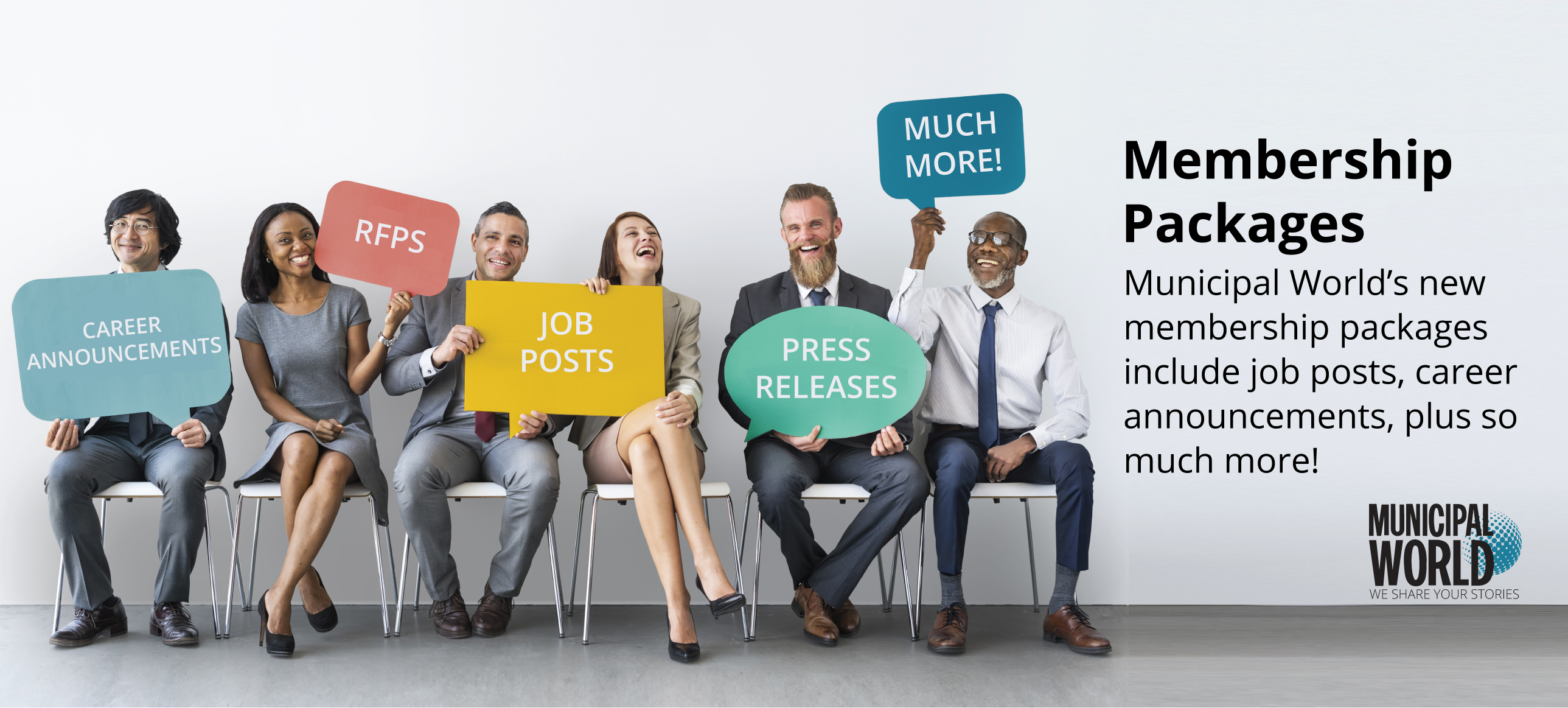Are we at risk of becoming policy dinosaurs? Not on my watch.

Sink or swim. For more than a decade, a fundamental social change or “shift” capable of tossing the unprepared into the maelstrom has been growing in communities, businesses, NGOs, and government. Pick your label – the “social age” or “knowledge age” – old systems and processes are being radically challenged from both inside and out. Former federal cabinet minister David Emerson warned that, unless public servants fundamentally increase the speed and responsiveness of decision-making processes required by our community and elected officials, we could soon become “policy dinosaurs.”
So, what should we do about this at the municipal level? I think we are in a good situation for embracing and provoking necessary change. Why? Because responding to the shift requires leaders to be grounded by a direct community promise – a true north on a leader’s compass.
The following are draft observations from the ground on what public service leaders require to address the shift and to transform.
1. Be Open, Share Knowledge, Provide Context
The “knowledge is power” days are over. Knowledge isn’t a commodity that can be kept to oneself to maintain power. Sharing is required to create solutions to complex problems and issues. Sharing will rebuild trust, ownership, and pride in service. Folks will see themselves in public decisions, building recognition, representation, and belonging to the democratic process and common ground. Trust goes two-ways, though, and this will take time and practice.
2. Let Go, Listen Deeply, Grow Empathy, Lead from the Heart
Though not easy, municipal leaders must let go of old constructs that no longer serve. Letting go and creating new requires deep listening, a deferral of ego, and a focus on we, not the I. Leaders must embrace each other, as well as those who don’t necessarily fit into standard job descriptions or public roles. Leaders must create and act as a bridge for cultivating a new empathy and drawing everyone into the work – elected officials, citizens, guests, and staff. This requires your “soul” to be in your work.
3. Create a Culture of “Safe-Fail” and Courage
In the public sector, failures are often handled in the public domain. Embarrassment and humiliation are root fears. Harsh critiques handled poorly only exacerbate a tendency toward complacency and a lack of ownership for responsibilities. It’s a tough obligation to learn to be comfortable standing in open space with the courage to face what can sometimes be unfair criticism. Senior leaders must stand side-by-side to tackle a new idea together, creating safe-fail practices.
4. Be Bold, Creative, Disruptive – Drop the Perfection
Leaders must be bold, creative, and at times provoke or disrupt the shaping of a city. Ask your employees to:
- be bold, frank, and fearless;
- be fully engaged and build direct relationships with all stakeholders; and
- communicate changing approaches and new ideas in all directions.
What might this look like? You’ll know when you see it. Let perfection go. This work is messy.
5. Be Informed and Part of the Community
Develop a community of colleagues to support you. No one person alone can lead transformation in the public service. Make time to read and explore what is happening elsewhere. Leaders must understand the context in which we all live and work.
6. Pause, Breathe, Be Open
It has been said that “Good cities react to opportunities, but great cities plan and create opportunities.” This idea sometimes gets lost amid the daily push and pull of leadership responsibilities, issues, and dialogue. A practice of remembering to pause, stand back, refocus on the proverbial horizon line, and breathe is also growing within the next leadership.
Observing them, they appear to be laying down new cornerstones for the next iteration of the public service. I see this in the work of open government. A broad range of people are planning and creating a new dynamic. I hope this work spans across governments to include elected officials, community partners, and businesses.
Future of Transformational Government
I stay optimistic. We’ll continue to see more responses to “the shift.” The current and next generation of public sector leaders are sharing mentorship and coaching across sectors. I hope that, together, we will respond to fears about becoming policy dinosaurs with a bold, saucy statement: #NotOnMyWatch! MW
✯ Municipal World Insider and Executive Members: You might also be interested in the original version of this article or in Rob Buchan’s article: Are we there yet? Navigating the theory and practice of transformative change to become a sustainable community. Note that you can now access the complete collection of past articles (and more) from your membership dashboard.
Ann Pappert (BA, MPA) is an accomplished public service leader with 25+ years of experience as a strategic and innovative collaborator. She is retired yet consults broadly and teaches Ethics, Diversity and Government at Conestoga College. She is currently studying the dynamics of pioneering creativity within systems of government.
Related resource materials:



